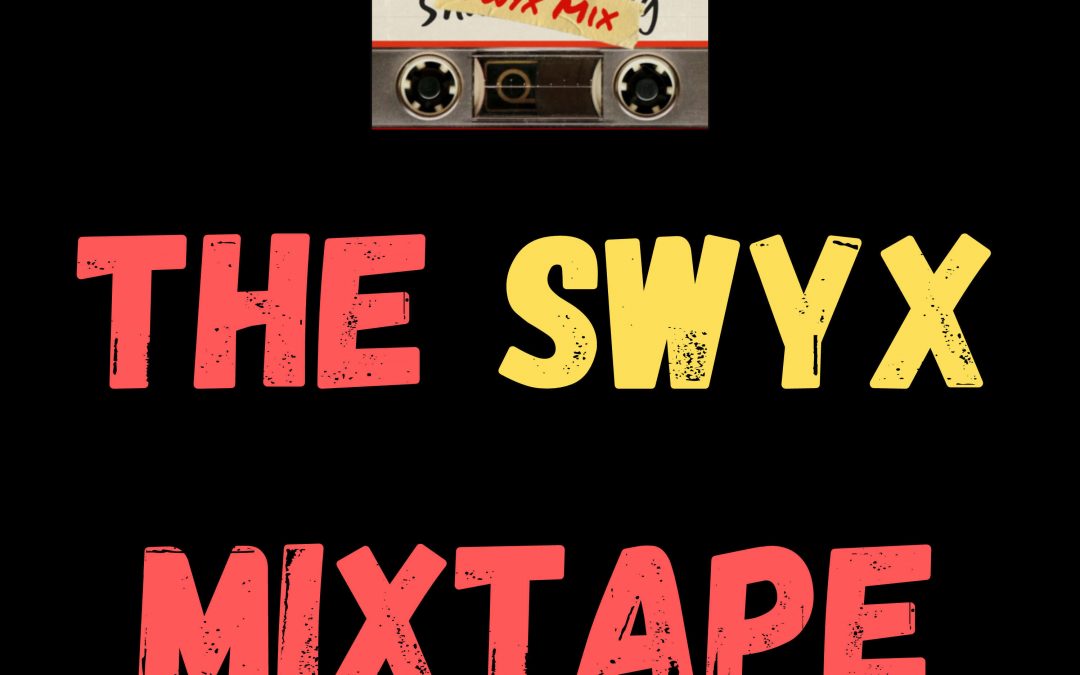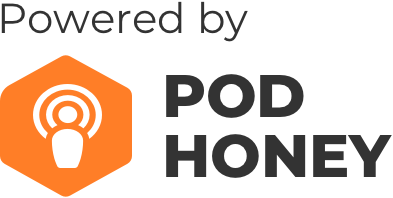
Emmanuel Straschnov (@estraschnov) is the founder and co-CEO of Bubble.
Audio source: https://www.spreaker.com/user/10197011/how-no-code-is-enabling-entrepreneurship
swyx: [00:00:00] I’ve always been interested in no-code and I think it’s a pretty cool to see Emmanuel Straschnov give a brief overview of the past present and future of no-code on a recent podcast with a village global. So here he is
Erik Torenberg: [00:00:16] Emmanuel. I’m really intrigued because you started this so early. Give a little bit of the overview of the different phases of sort of no code acceptance.
Like what were the inflection points by which it became much more accepted and much more prominent and ineffective.
Emmanuel Straschnov: [00:00:33] So the very first phase for us, I mean, between 2012 and 2014 was, wait, why are you doing this? Squarespace is already here. And it’s great. So that was the first phase where you had to explain.
Yeah, I mean, Squarespace is great, but if you want to start Airbnb, you can do it on square Squarespace. So that’s what we’re working on, but that was not necessarily a messaging that was working very well because the product was not ready yet. Like no code is very much something that until you have a great product to show people are not going to believe it.
Okay, then we have the community of early adopters starting in 2015. Uh, in fact, our first visible launch on product hunt, uh, in October, 2015, that went very well. I think, I mean, you know, Eric product did very well. So then I think we got on our first week, maybe like 2000 votes or something, which back then was a lot at that point in 2015.
And so that was a committee of early adopters. Playing with it. Most engineers were like, this is never going to work. Uh, but you know, product people or non-technical product people in particular started being a little bit more excited about it. And then I think it’s toward the end of 2018 where the community of, uh, early adopters, you know, Ben also heart of product.
And like also also the macropod people started, you know, communicating more about educating the market about no-code. Turned it into the point where early 2019, when you’re what Ryan Hoover, it’s a lot of product and people here. Uh, Ryan Hoover wrote that post about no code where it started being much more on the map as an interesting way to build things.
And then it really blew up, at least from what we could see right at the beginning of COVID where I think it was not necessarily, there’s no logical relation to that, except that people had just more time to learn things. And so they had an opportunity opportunity to start spending time learning new tools.
And at that point, the tools were just good enough that it became what it is today, where today I hear investors. When people pitch them, Hey, I’m building this. I have like 2 million of AR and spit on bubble. People are not going to be like, Oh, I can’t invest in this. It’s built on the code. People are like, okay, show me what you have.
Um, and so we’re not that maturity stage yet. I mean that we’ll consider maturity where engineers use Bo no-code themselves, you know, to build things. And we probably need to wait another couple of years to get there, but we suddenly getting to a point where people are not surprised anymore. When you tell them you’re building a no code.
Erik Torenberg: [00:02:56] Yeah. You were saying that the why now is, is partially that people have have more time. Where’s the, where’s it going? Uh, how do you expect to evolve in the next, uh, the next few years?
Emmanuel Straschnov: [00:03:06] W what I’m hoping, I think that’s where it’s going. It’s also like a vision I have. So, you know, I hope it turns out to be true.
My hope is that five years from now, we don’t talk about no code anymore. And it’s just, he knows the way to build things similarly to, you know, Ruby on rails. Uh, react became the new way to build things. You don’t have that many people who use, you know, C plus plus to do things it’s like, low-level right.
And so I’m hoping that five years from now, so default stack will be a local platform, hopefully bubble. But if it’s not us, I hope it’s someone else because it’s very much some things that world needs. And then engineers will just be part of the picture when something new is needed and they need to extend the platform with code that’s where I hope it’s going.




 Listen on Spotify
Listen on Spotify
 Listen on Apple
Listen on Apple



